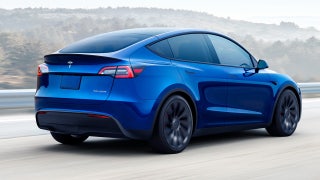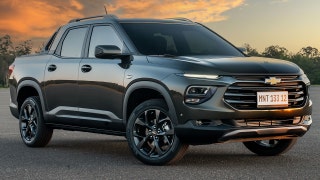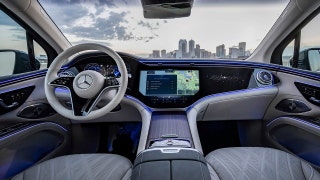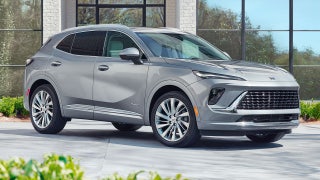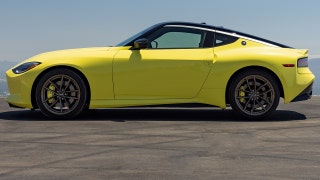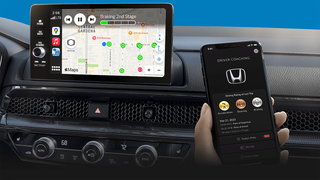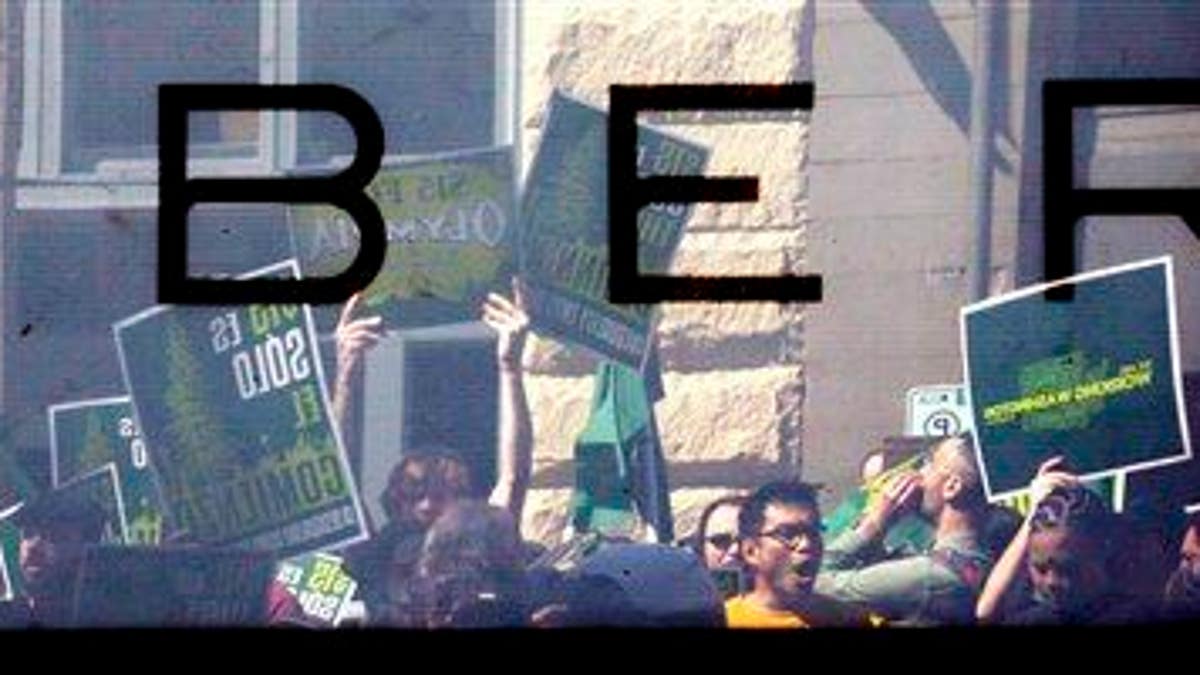
Protesters yelling at an Uber office are reflected in the window of the building at a rally for fair wages Wednesday, April 15, 2015, in Seattle. Across the U.S., low-wage workers are calling for protests for a $15 hourly wage in what organizers are calling the biggest mobilization of workers. (AP Photo/Elaine Thompson)
Research has suggested that Uber and the like are helping to alleviate some of the discrimination that runs rampant among taxi drivers—but a new study involving roughly 1,500 trips in Seattle and Boston may be casting some rain on that parade.
Published by the National Bureau of Economic Research, the study out of MIT and beyond put eight adults (two black women, two black men, two white women, and two white men) in Seattle and had them attempt to hail rides using Uber and Lyft, as well as Flywheel.
Quartz describes a "crucial" difference in the process of securing a ride: Lyft ride requests are accompanied by the would-be passenger's profile photo; Uber drivers get passenger details once they've accepted the trip.
It took black males longer to get their Lyft ride request accepted as compared with their white counterparts, and the black passengers had to wait about 30% longer for their UberX to show up, which suggested to the researchers that Uber drivers may be canceling after gaining access to the specifics of the rider they're supposed to fetch.
In Boston, eight participants who could "plausibly travel as a passenger of either race" each created two profiles, which used "white-sounding" and "African-American sounding" names. The cancellation rate for the latter "was more than twice as frequent," per the study.
"We found pretty strong evidence of discrimination," co-author Christopher Knittel tells CNNMoney. One suggestion the researchers have for the companies, per Bloomberg: Don't reveal passenger names to the drivers.
This article originally appeared on Newser: Think Rideshares Minimize Racism? Study: Think Again
More From Newser
